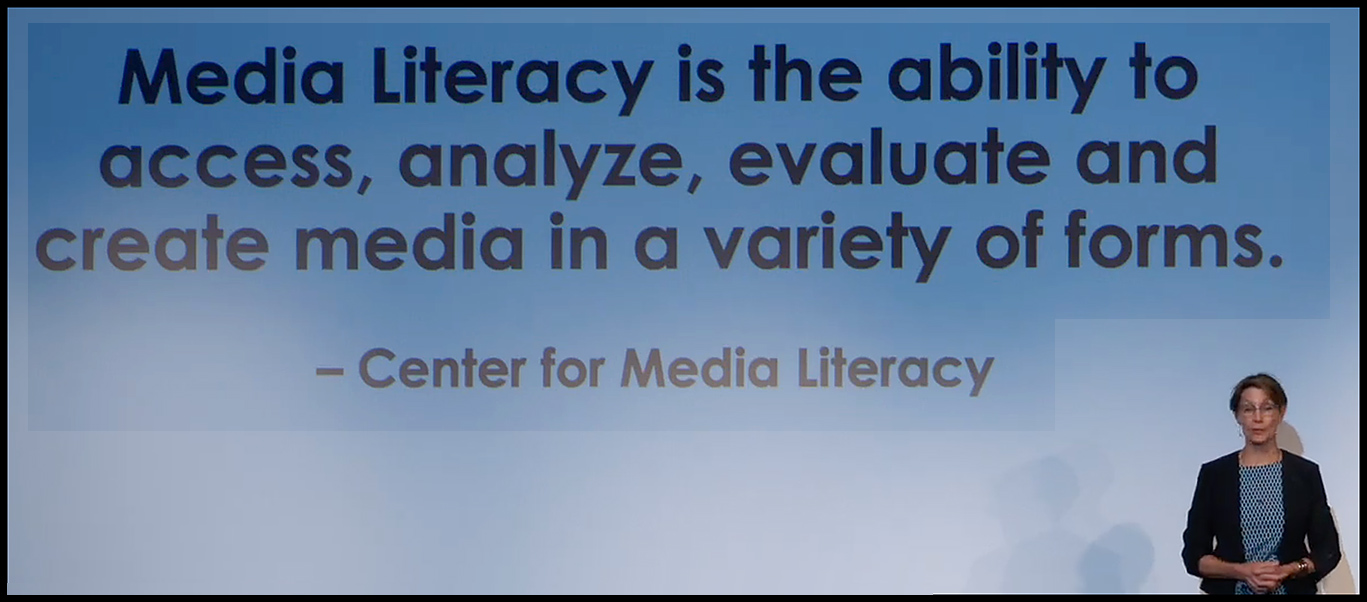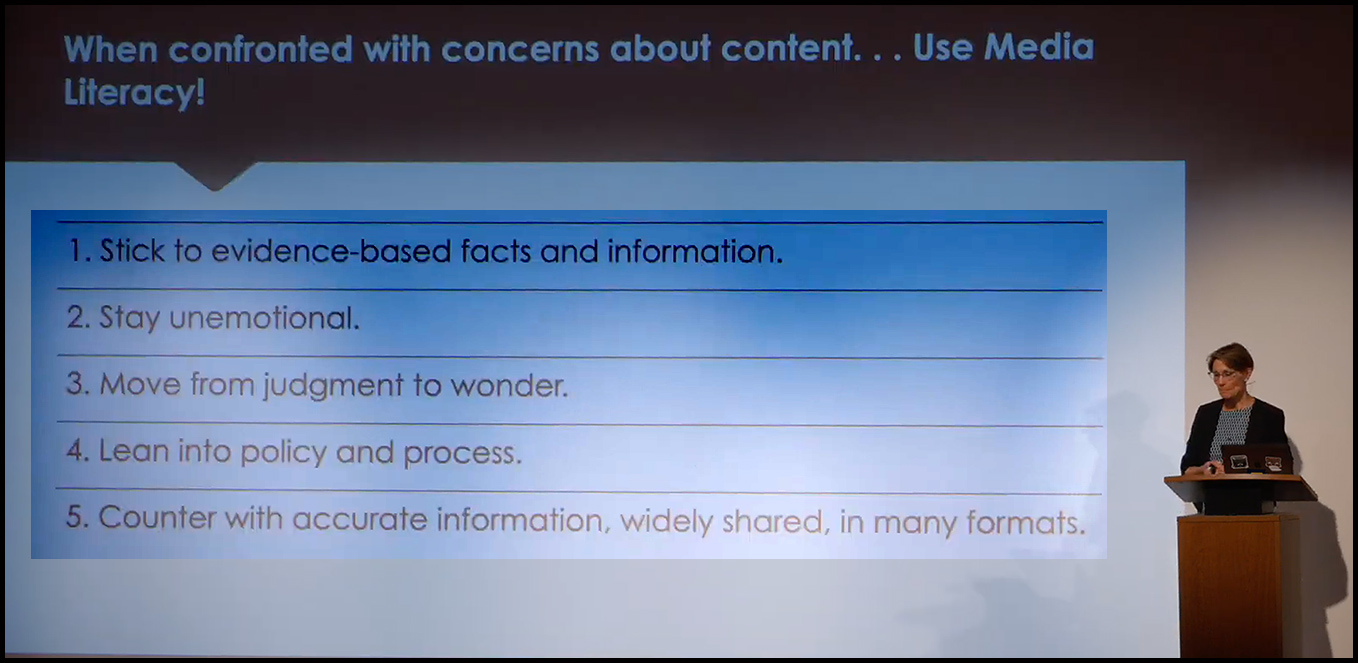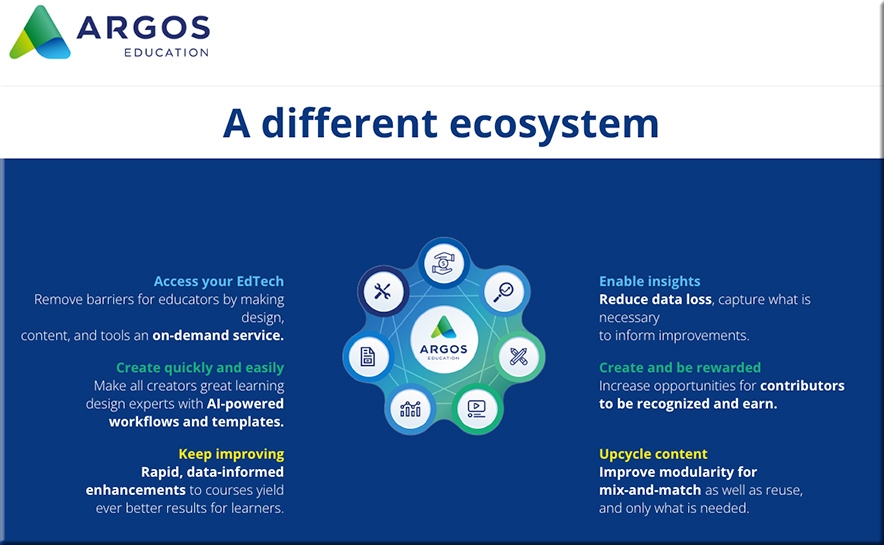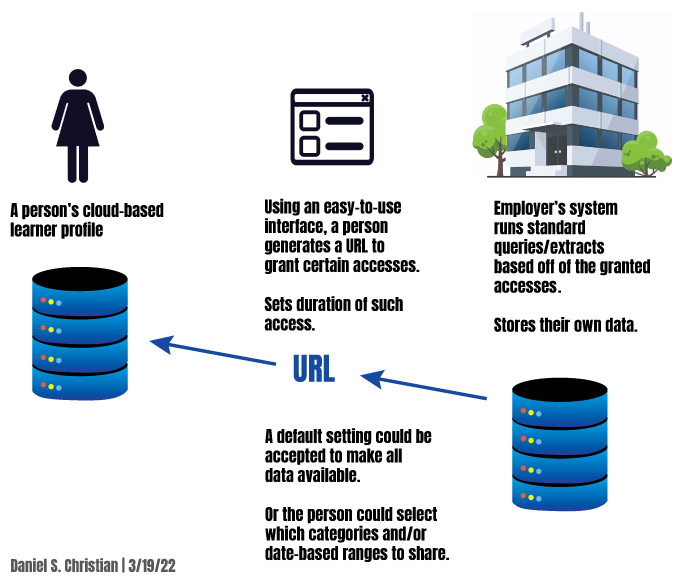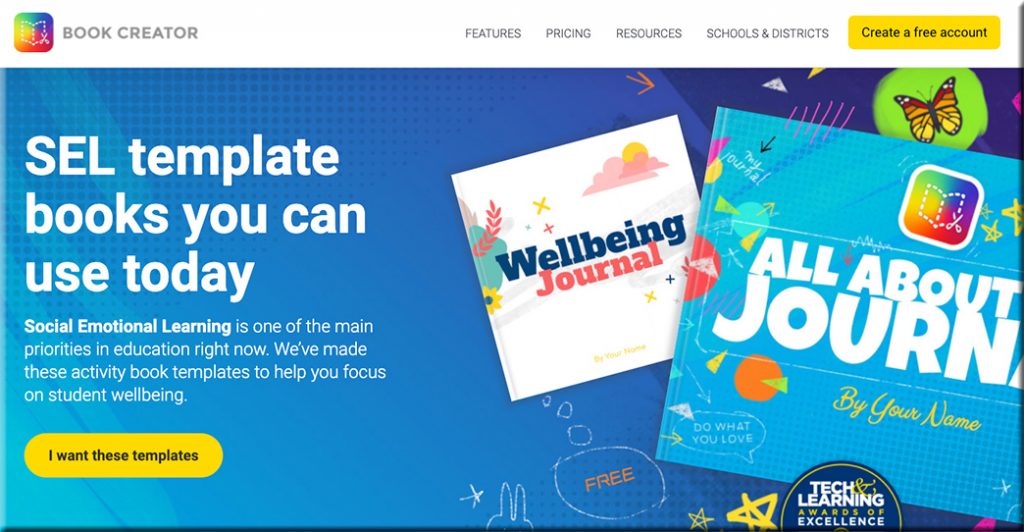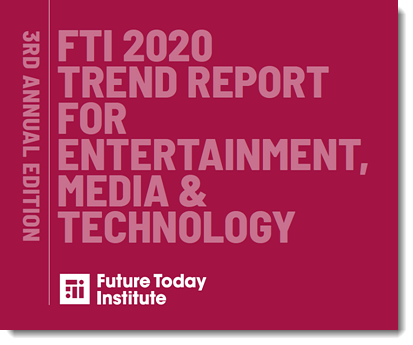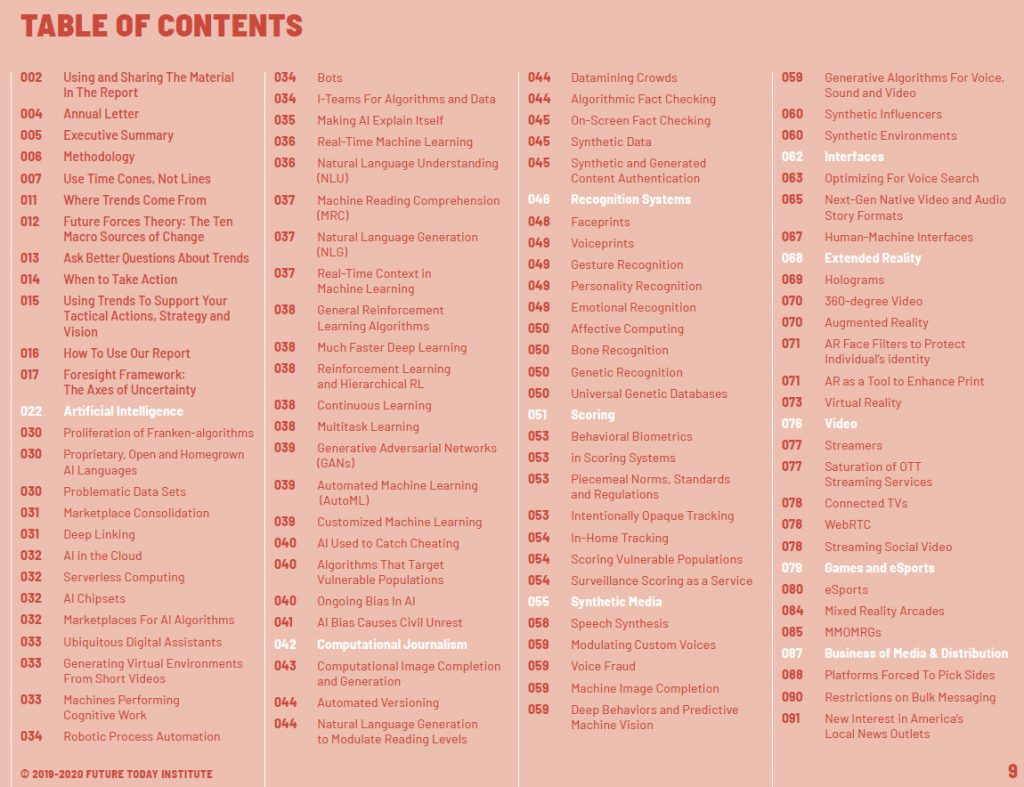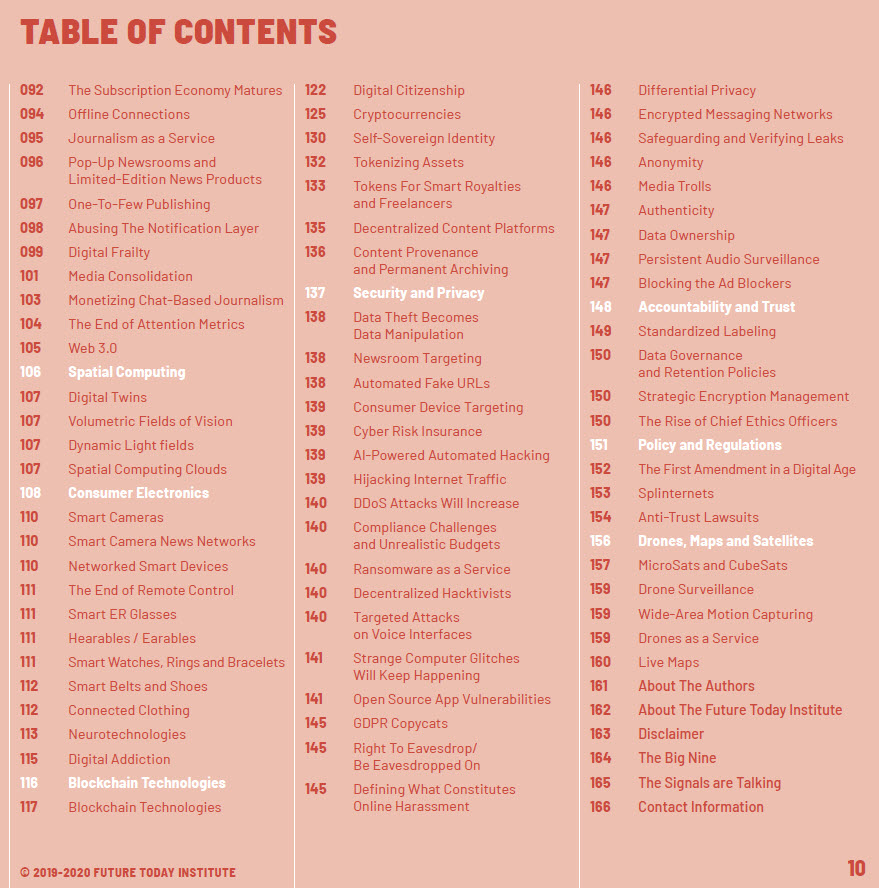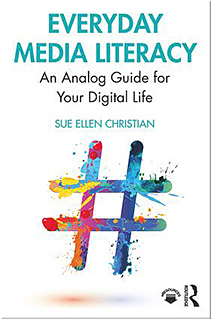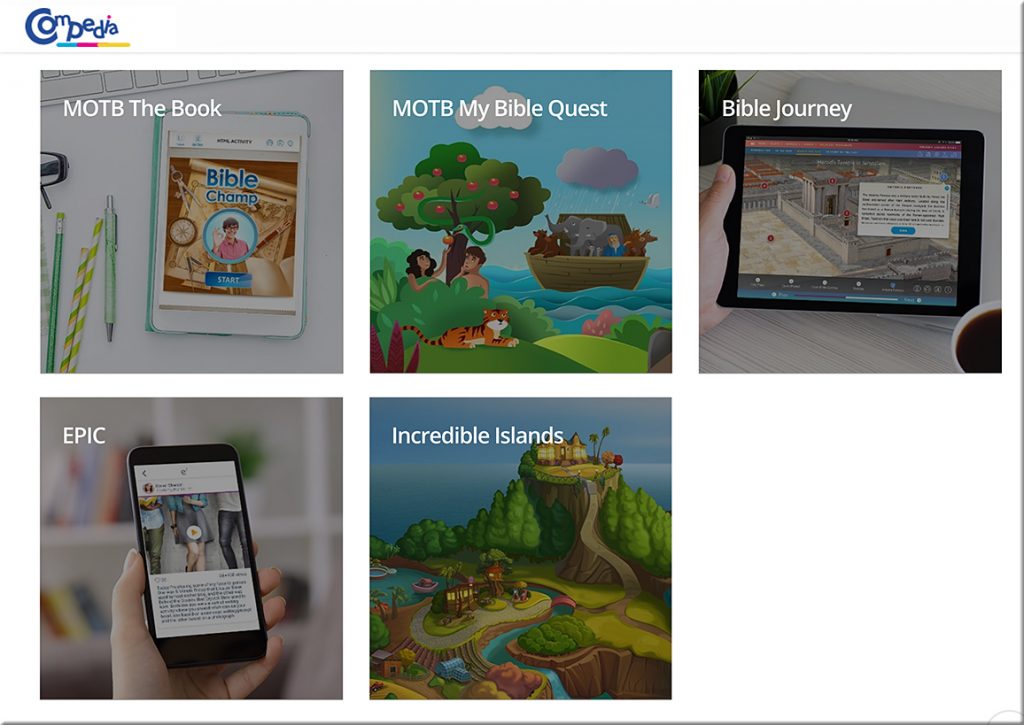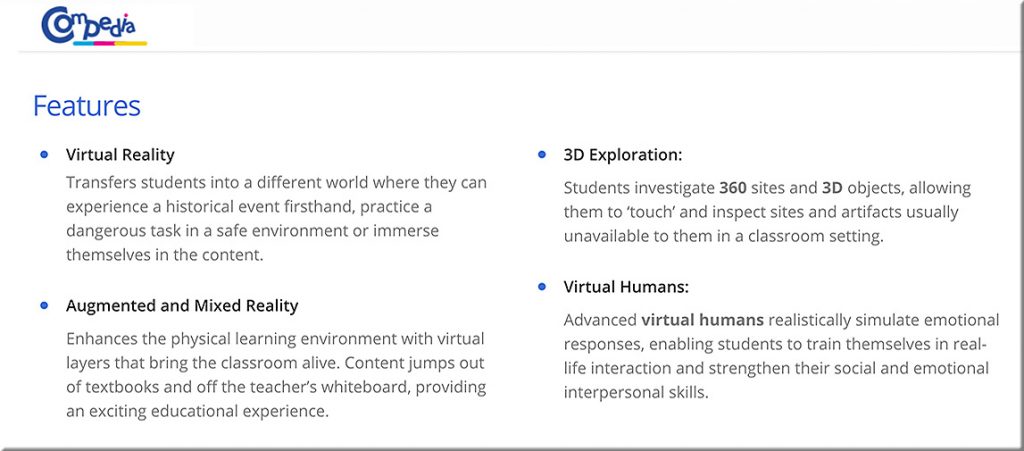A Best-Selling Textbook Is Now Free — from insidehighered.com by Liam Knox
A popular chemistry book’s jump from a publishing titan to an OER pioneer could be pivotal for the open access movement. For the author, it’s also a fitting tribute to his late son.
Excerpt:
John McMurry’s textbook Organic Chemistry has helped millions of students across the globe pass the infamous gauntlet of its namesake class — also known among stressed-out pre-med students as “orgo” — since the book was first printed in 1984.
For his bestseller’s 10th edition, McMurry has decided to part ways with his longtime publisher, the industry giant Cengage, which has published the book since the beginning. He recently sold the rights to OpenStax, a nonprofit based at Rice University that is dedicated to developing open education resources (OER), learning and research materials created and licensed to be free for the user.
From DSC:
From someone paying for a young adult to get through college, I hope this kind of thing happens more often! 🙂 But seriously, there are too many instances when students have been treated as cash cows, when we should have been bending over backward to help them get their educations.
For example, if I pay an invoice from our son’s university by credit card, I get a 3% charge — of the total invoice/$$ amount!!! — added to the bill. Are you kidding me? I have to pay several hundred dollars just for an electronic transaction?!
Can you imagine if the same thing happened to the rest of us at restaurants, hotels, grocery stores, etc. out there? Consumers would throw a fit! And I’d be right there with them.
Also related, see:
Millennials have money problems — from linkedin.com by Taylor Borden
Excerpt (emphasis DSC):
The average millennial is $117,000 in debt, but don’t blame avocado toast. According to new research, more than 70% of millennials have some form of non-mortgage debt, typically linked to student loans and credit cards.
Too Broke to Finish a Ph.D. Program? Tell Us About It — from the chronicle.com by Fernanda Zamudio-Suarez
Excerpt:
Doctoral programs can be long, trying, and expensive — even cost-prohibitive, depending on your circumstances.









